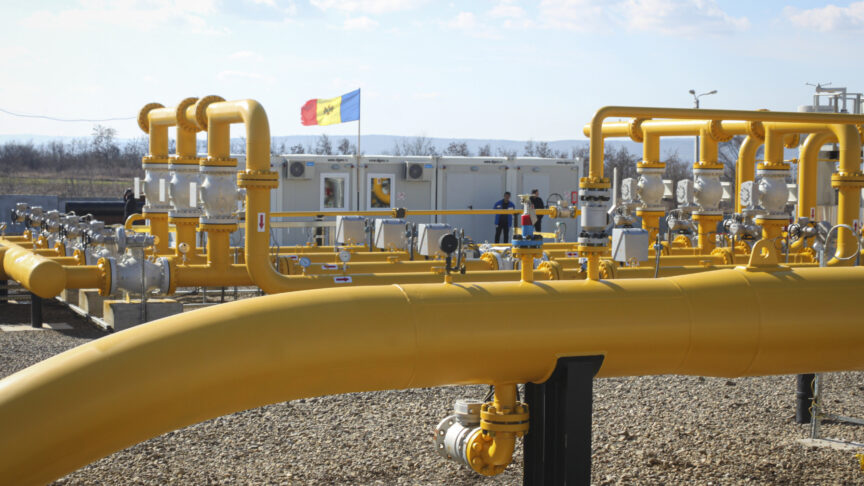
Cold winter: How the EU can help Moldova survive Russian pressure and protect its democracy
If Moldova can resist Russia’s weaponisation of gas and get through this winter, it should be able to make strong progress on its programme of reforms

If Moldova can resist Russia’s weaponisation of gas and get through this winter, it should be able to make strong progress on its programme of reforms

Ukraine has mounted an innovative response to Russian aggression in 2022. The rest of Europe can learn from this – but should continue to provide weapons and training in return

Sudan needs a viable political pathway to end the military coup of 2021. European states should support pro-democracy actors while encouraging a comprehensive peace process
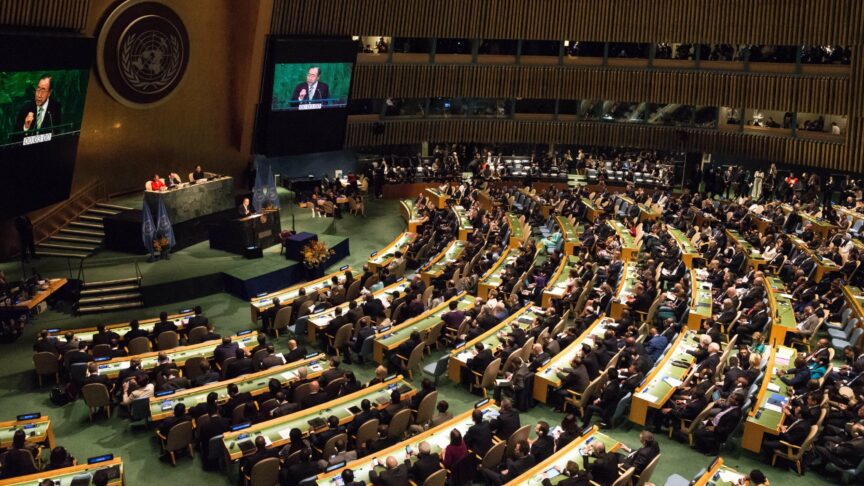
Geopolitical tensions are hindering progress in multilateral climate cooperation. The EU should continue to supplement negotiations under the UN climate convention with smaller initiatives that bring together like-minded, ambitious partners

The EU can counter Chinese and Russian influence through a digital alliance with countries in Latin America and the Caribbean

European policymakers should back climate diplomacy to help improve relations between Iran and Gulf monarchies
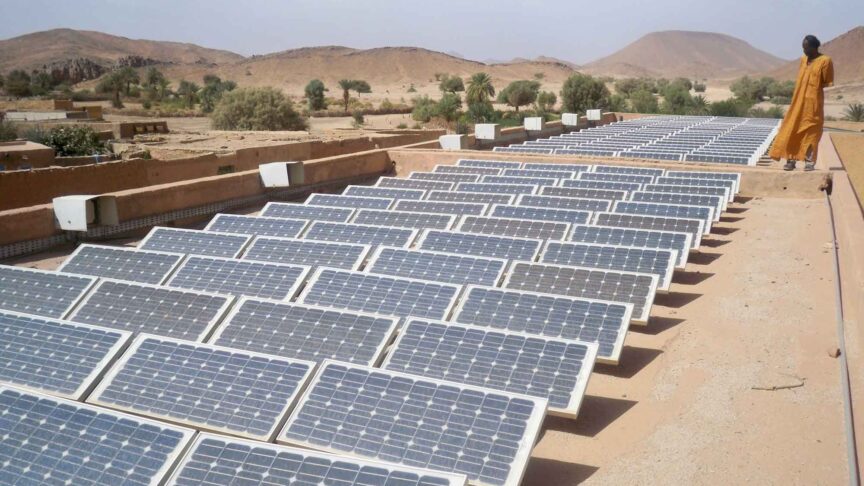
The future of Europe and Algeria’s energy partnership lies in renewables – if Algerian leaders are willing to end their longstanding dependence on fossil fuels and join the green transition
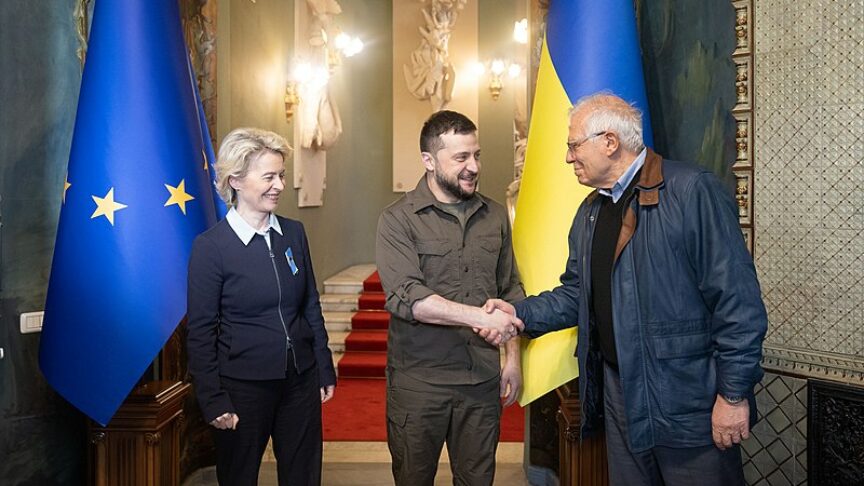
The EU should conclude a security compact with Ukraine. Such an agreement would help the country defend itself against Russia and maximise the effectiveness of European military support
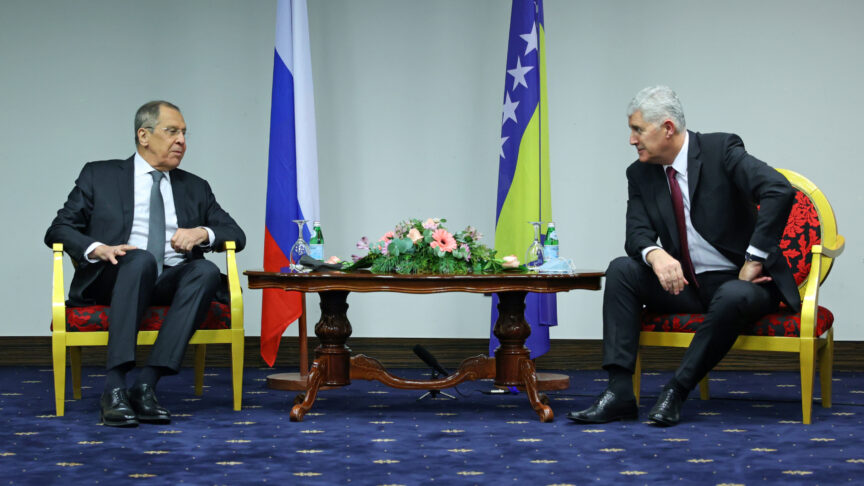
Russia is working to keep Bosnia divided. But many of the country’s problems are homegrown or exacerbated by neighbouring states
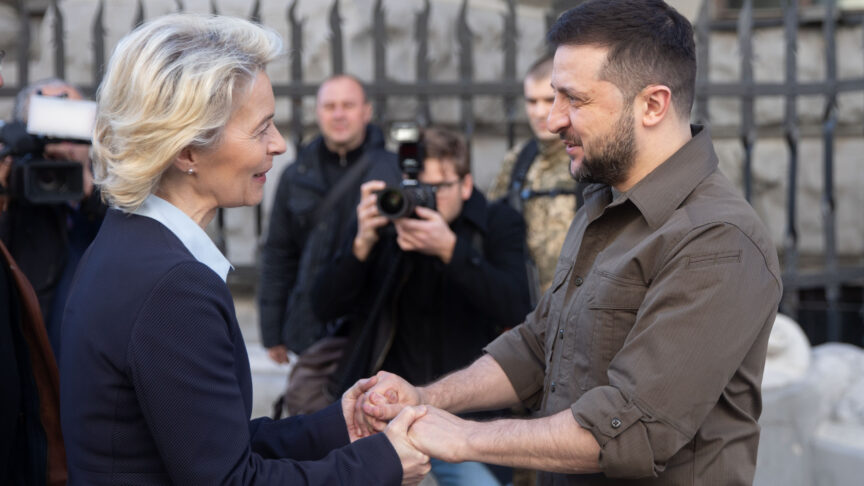
To signal their commitment to Ukraine, Europeans should agree a ‘long-war plan’ of assistance against Russian aggression. This would include a ‘security compact,’ security assurances, and economic and energy support